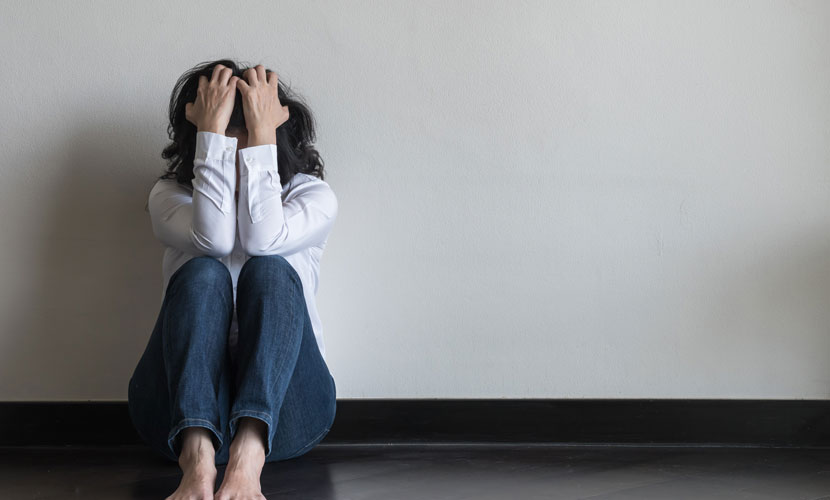In recent years, the providers at Maple Grove Hospital have seen an increase in the number of patients with a mental health concern, specifically in the Emergency Care Center. When people are in crisis, they need help fast, and often turn to an emergency room for immediate care.
“It’s multifaceted, what’s bringing people in,” says Jeff Miller, manager of the Maple Grove Hospital Emergency Care Center. “It could be family things, job stuff, drug abuse, alcoholism or just life in general.” To continue to meet the needs of the community, in July 2019 Maple Grove Hospital expanded its behavioral health services offering through a partnership with Behavioral Healthcare Providers (BHP), a subsidiary of Fairview Health Services.
Access to BHP’s crisis intervention care via telemedicine supplements Maple Grove Hospital’s existing behavioral health care provided by North Memorial’s Emergency Behavioral Health providers. Adding Behavioral Health Providers has enabled them to now provide 24/7 mental health services for their patients.
“People who are in a behavioral health crisis typically show up in the emergency area of the hospital,” says Amy Wrightson, Systems Executive Director of Behavioral Healthcare Providers. “We’ve found they don’t always necessarily need to be admitted; they’re there because they’re in crisis and don’t know what to do.”
When someone comes into the Emergency Care Center, they’ll first meet with the team of doctors and nurses. If the physician suspects there’s a mental health component to their case, they’ll bring in the behavioral health professional.
Once the licensed mental health professionals meet with the patient and their family, they consult with the doctors to advise on what level of care is appropriate, whether that’s inpatient admission or one of the many forms of outpatient services.
If the patient requires outpatient care, they’ll be connected to a provider who has been credentialed within their extensive network, helping patients see a mental health provider within two days of their discharge from the ECC.
“We hear so often about people having to wait weeks to get in and see somebody,” says Wrightson. “We have access to about 800 appointments within the next 10 days, so we keep the patient in their community and connect them with the right provider, regardless of age or insurance.”
The team also follows up with the patient after their appointment to ensure they attend their appointment and provide a caring contact, a level of service that Wrightson says is an important factor in the patients’ recovery. The addition of 24/7 care has not only resulted in earlier treatment for patients, but also a reduction in wait times in the Emergency Care Center and fewer unnecessary admissions.
“I’ve been in this field for 18 years and in that time, I’ve seen a phenomenal number of instances when individuals were unable to connect with care, needlessly admitted, discharged without support or sent outside the community for appointments,” says Wrightson.
“We provide wraparound care, looking at the whole patient and getting them connected with services for whatever their need is.” Wrightson says over the years she’s also seen a change in how people are asking for mental health services, and that hospitals and care systems are recognizing the impact of behavioral health and looking for the best ways to treat their patients and families.
“There have always been mental health issues, but I think society is becoming more aware and open about it,” says Wrightson. “One in four are depressed — it happens in every family.” While the Emergency Care Center is unable to provide ongoing mental health treatment, by having mental health professionals accessible to patients they can offer a safe environment to receive crisis intervention and care guidance.
“We can provide a safe place and help stabilize things for mental health conditions of all types,” says Miller. “If someone ever feels unsafe, wants to hurt themselves or is questioning at all what they should do, they shouldn’t wait. They can come here for help.”


